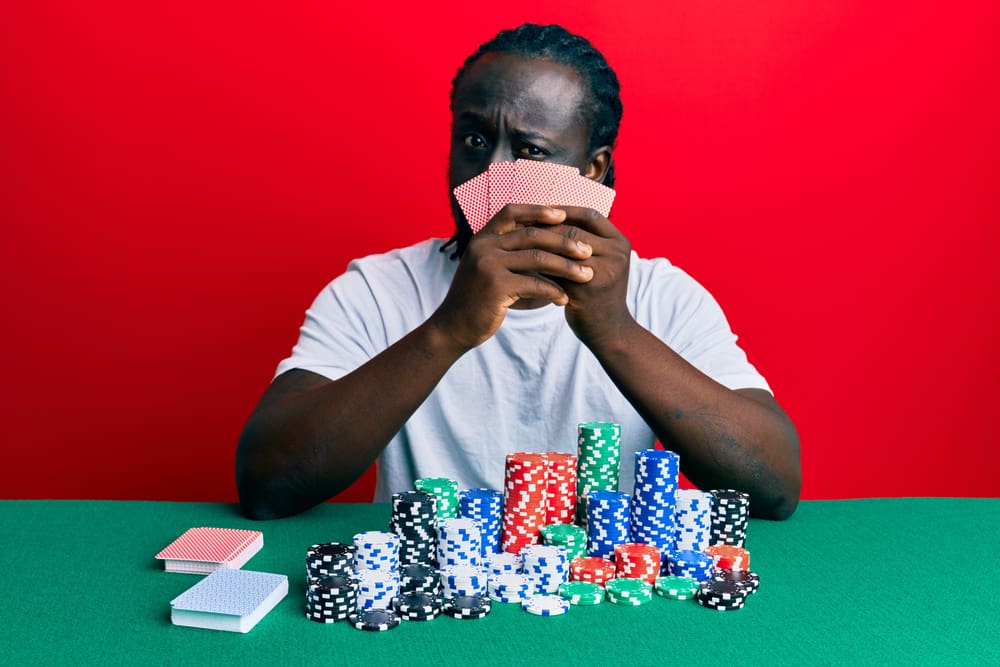
Gambling addiction, frequently dismissed or misinterpreted, parallels the addictive tendencies found in alcohol and cigarettes. Just as alcohol and cigarettes can ensnare individuals in cycles of dependency, gambling exerts a similar grip. By recognizing these similarities, we pave the way for greater understanding and empathy toward those grappling with the compulsion to gamble. Through education and awareness, we can dismantle misconceptions and provide meaningful support to individuals seeking to break free from the clutches of addiction.
The allure and escalation
Similar to the initial allure of alcohol and cigarettes, gambling begins as a harmless pastime for many. The occasional flutter of excitement and the promise of a win create a sense of thrill that can quickly escalate. Just as a social drink or casual smoke can evolve into dependency, so, too, can gambling transform from recreation to compulsion.
Brain chemistry: The dopamine effect
At the core of addiction lies the manipulation of brain chemistry. Whether it’s the rush of alcohol-induced euphoria, the nicotine hit from a cigarette or the thrill of a winning streak at the casino, dopamine — the “feel-good” neurotransmitter — is the common denominator. Each activity triggers a surge of dopamine, reinforcing the behavior and paving the way for addiction.
Escapism and coping mechanisms
Individuals grappling with addiction often use substances or behaviors as a means of escape. Alcohol offers temporary relief from stress and anxiety, cigarettes serve as a coping mechanism in times of distress and gambling provides an illusion of control and excitement while dealing with life’s challenges. In all cases, the underlying motive is to numb emotions or distract from reality.
Social stigma and normalization
Despite the detrimental effects, societal attitudes towards addiction vary. While alcoholism and smoking have faced widespread condemnation in recent years, gambling addiction has often been overlooked or glamorized. The normalization of gambling in popular culture — coupled with its portrayal as a glamorous pastime — contributes to the perpetuation of addictive behaviors.
Financial ruin and personal strain
The consequences of addiction extend beyond the individual, affecting families, finances and social dynamics. Just as excessive drinking can lead to financial ruin and strained relationships, unchecked gambling can result in crippling debt and emotional turmoil. The toll on mental health is profound, with anxiety, depression and feelings of guilt compounding the struggles.
Seeking help: Breaking the cycle
Acknowledging the parallels between gambling addiction, alcoholism and smoking is the first step toward recovery. Just as support groups and rehabilitation programs exist for substance abuse, resources are available for those battling gambling addiction. From therapy and counseling to self-help strategies and support networks, breaking the cycle of addiction requires a multifaceted approach.
As we reflect on the parallels between gambling addiction, alcoholism, and smoking, it becomes evident that destigmatizing addiction and bolstering support systems are paramount. By acknowledging the commonalities in their mechanisms and consequences, we offer a beacon of hope to those ensnared in the cycle of dependency. Through education and awareness initiatives, we can shatter misconceptions and foster empathy towards individuals struggling with addiction.
Let us stand united in our commitment to addressing addiction, recognizing that understanding and compassion are essential tools in this ongoing battle. By amplifying our collective voices and rallying behind those affected, we can create a world where individuals are supported, empowered and equipped with the tools they need to overcome the grip of addiction and embrace a brighter future.
This story was created using AI technology.